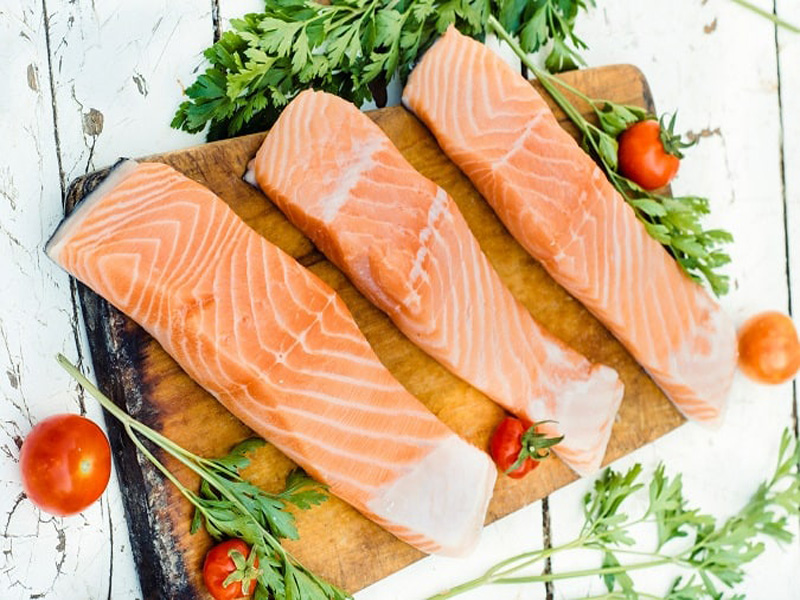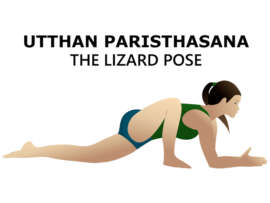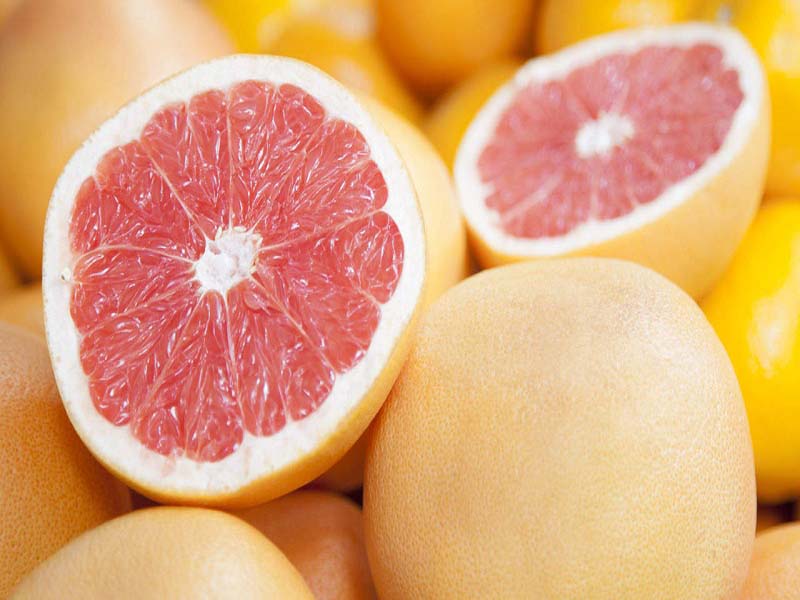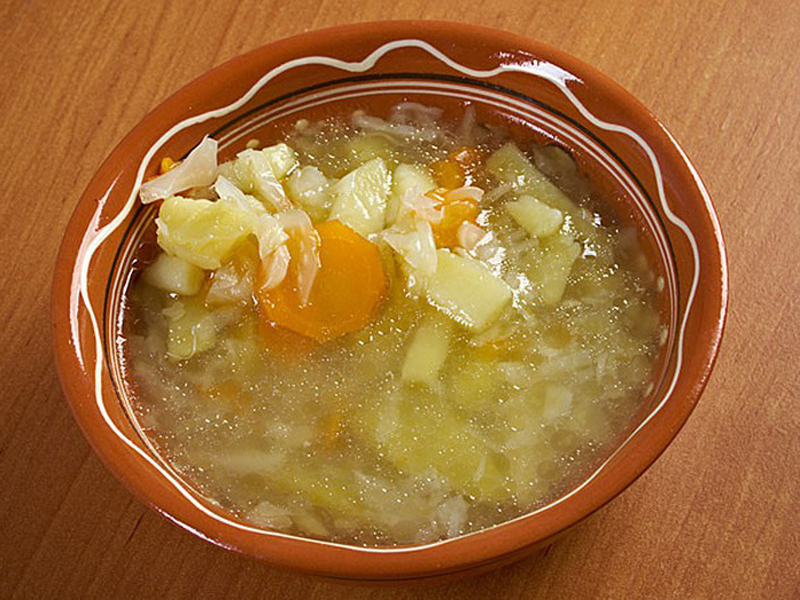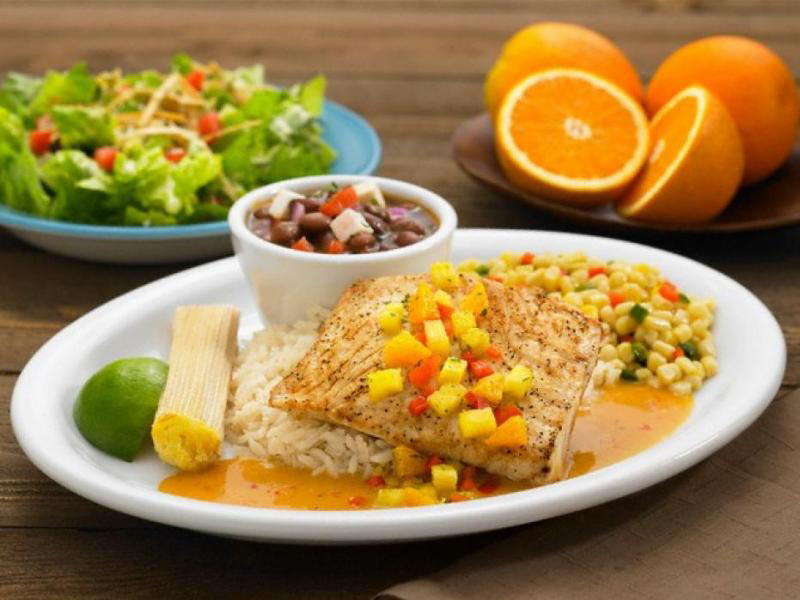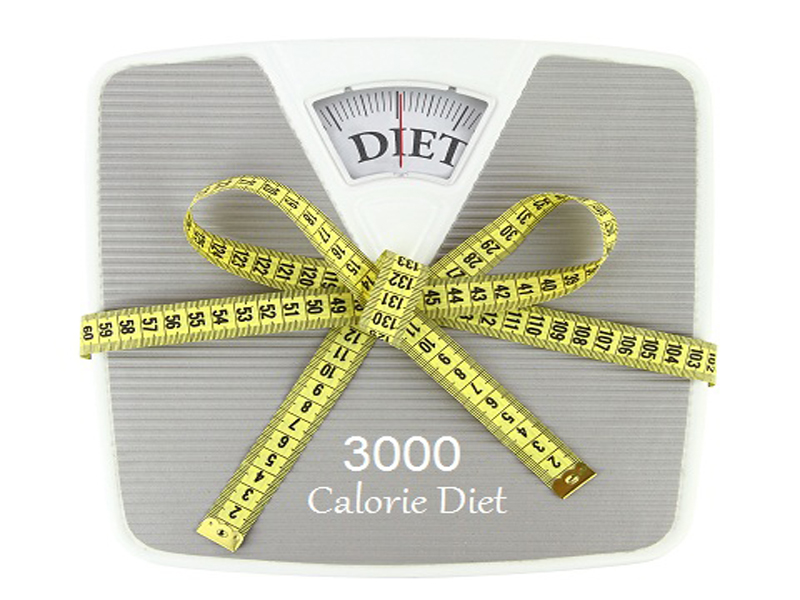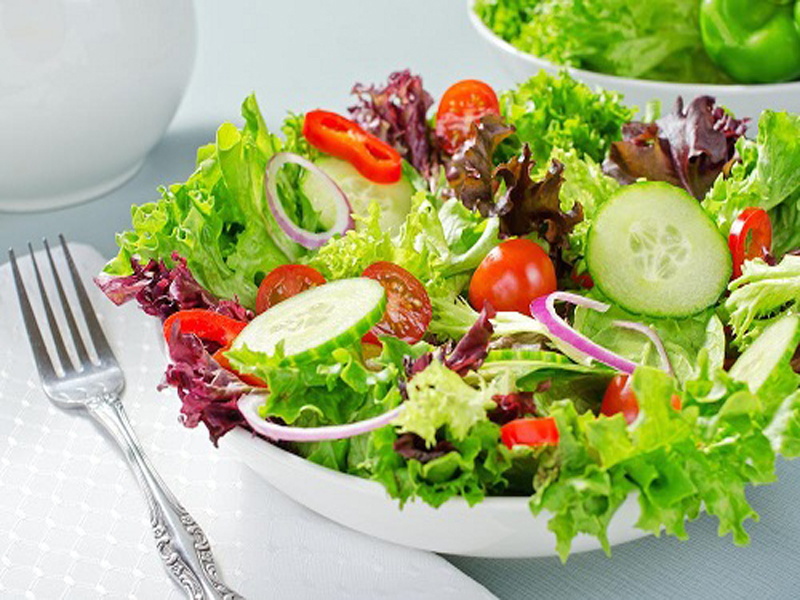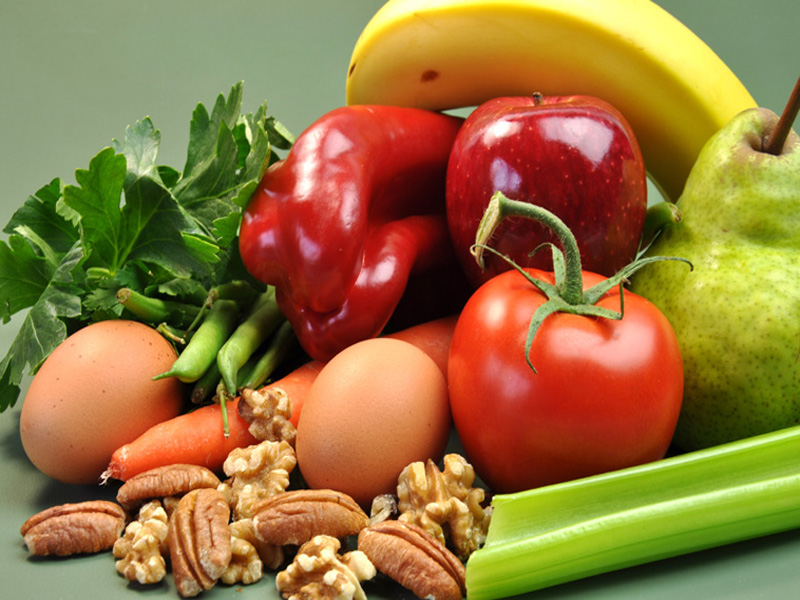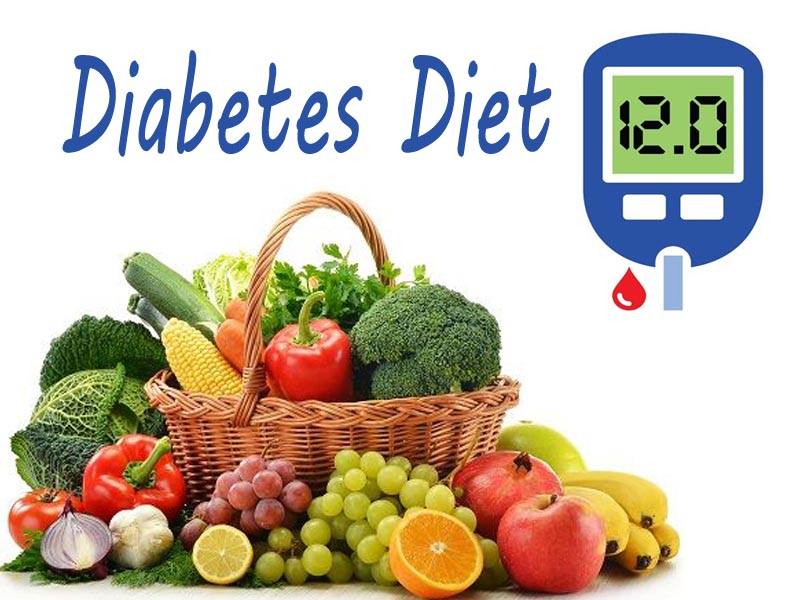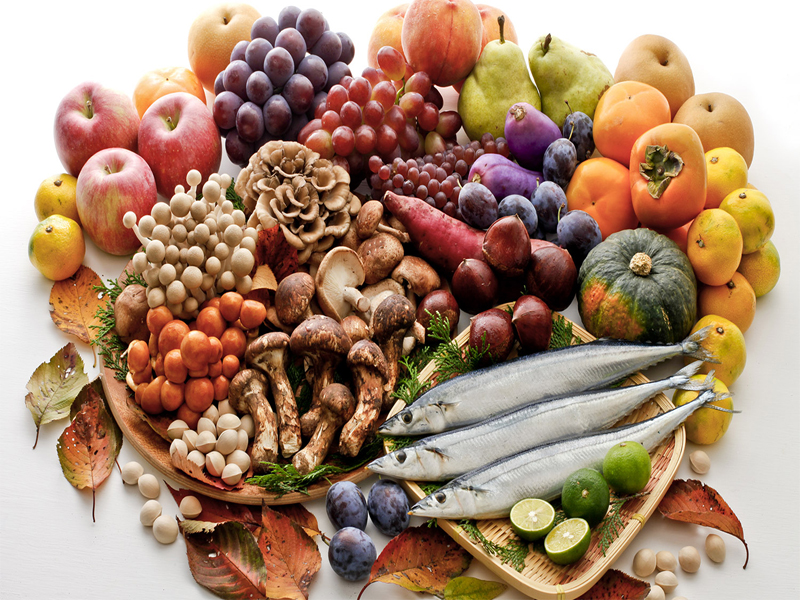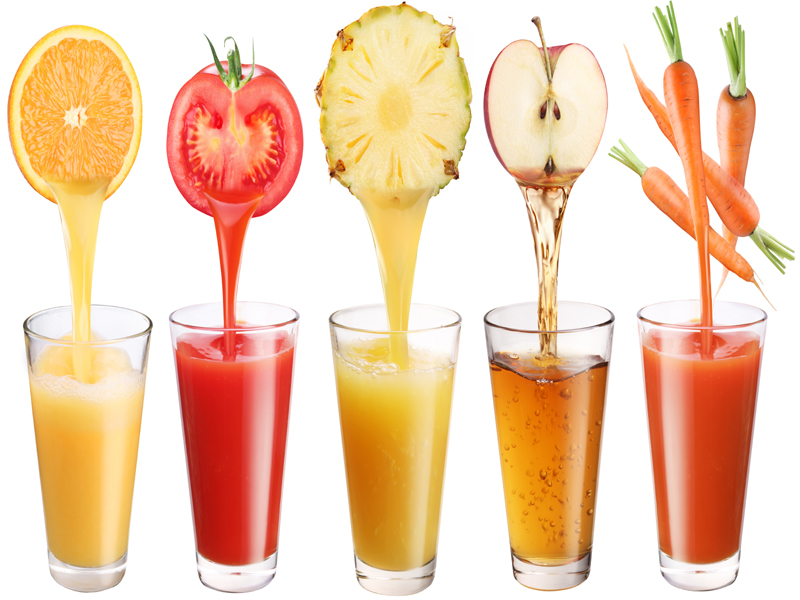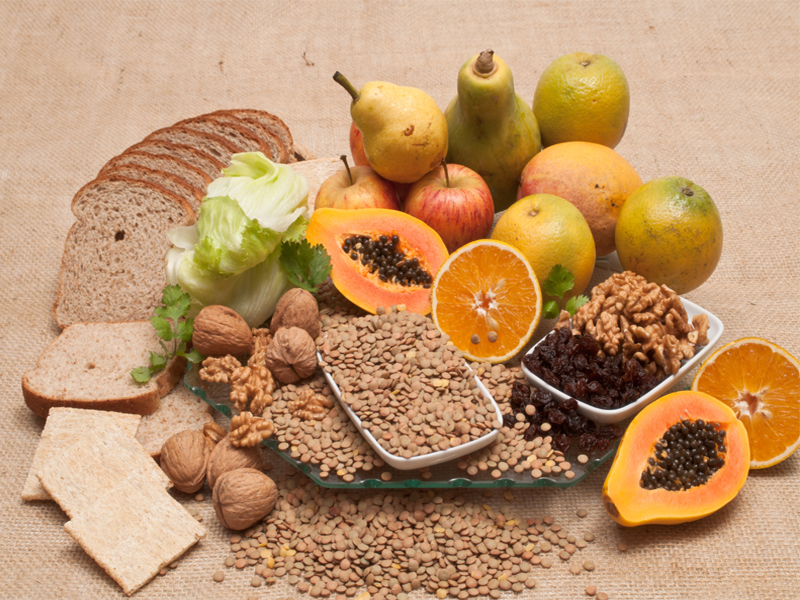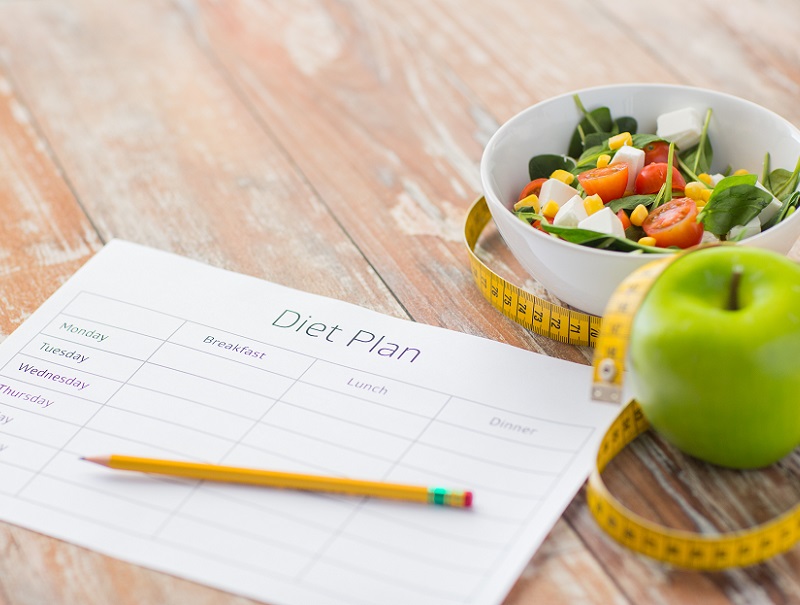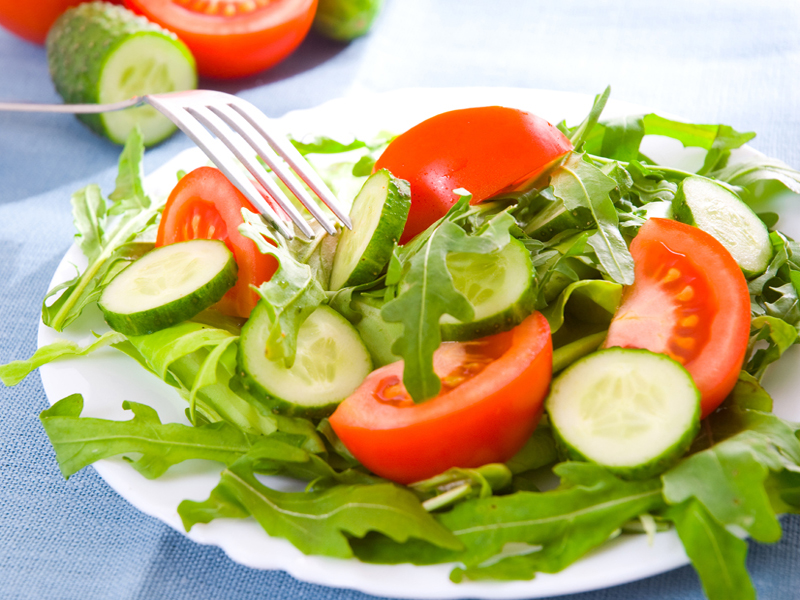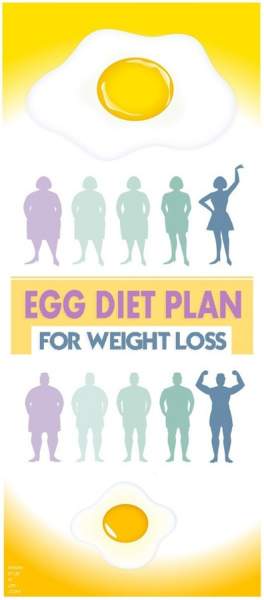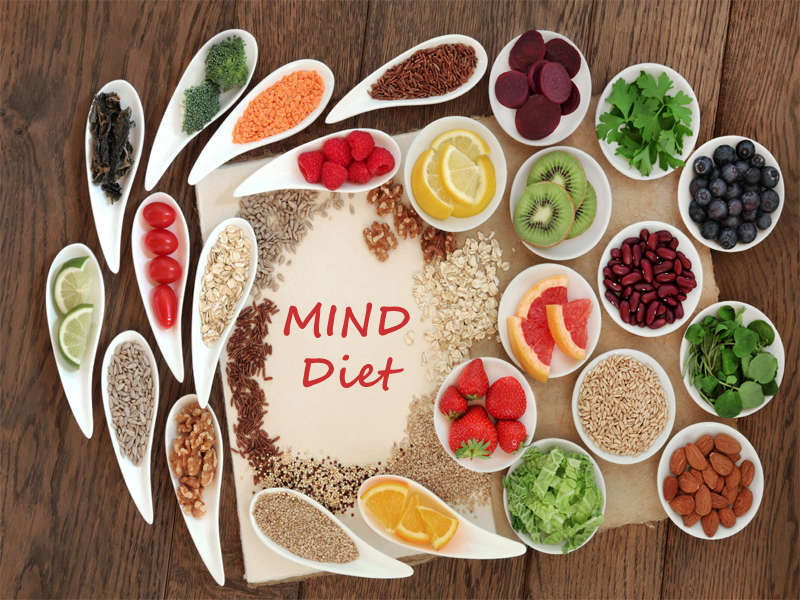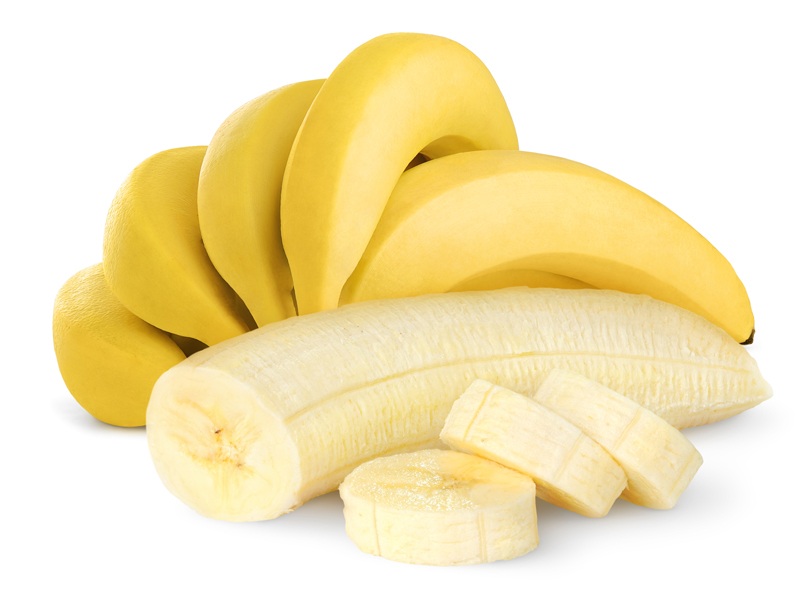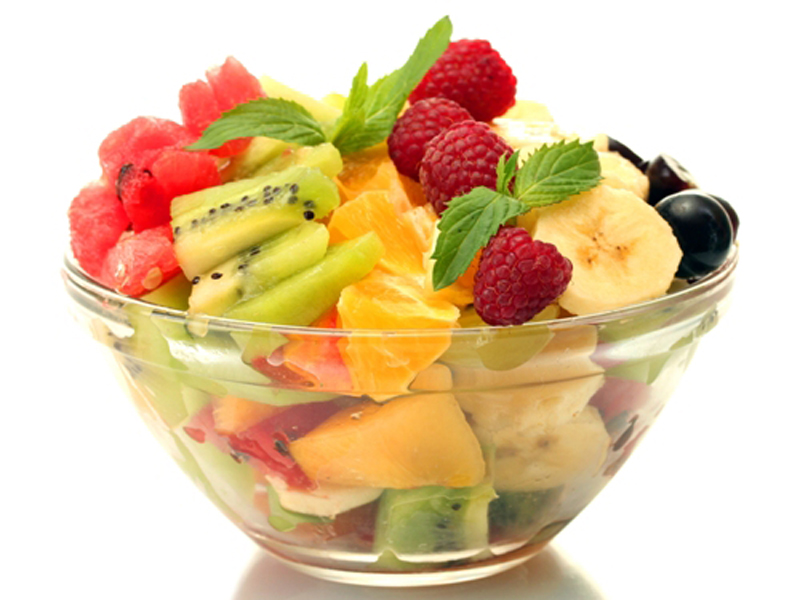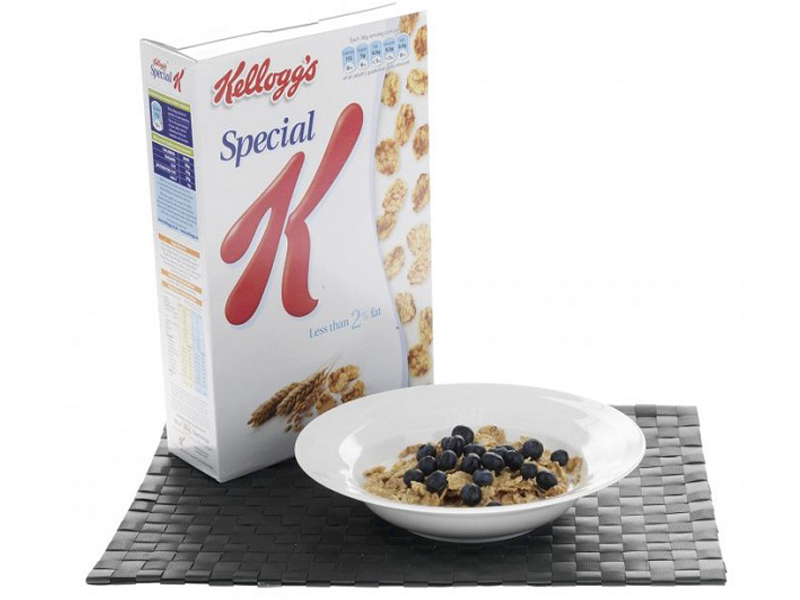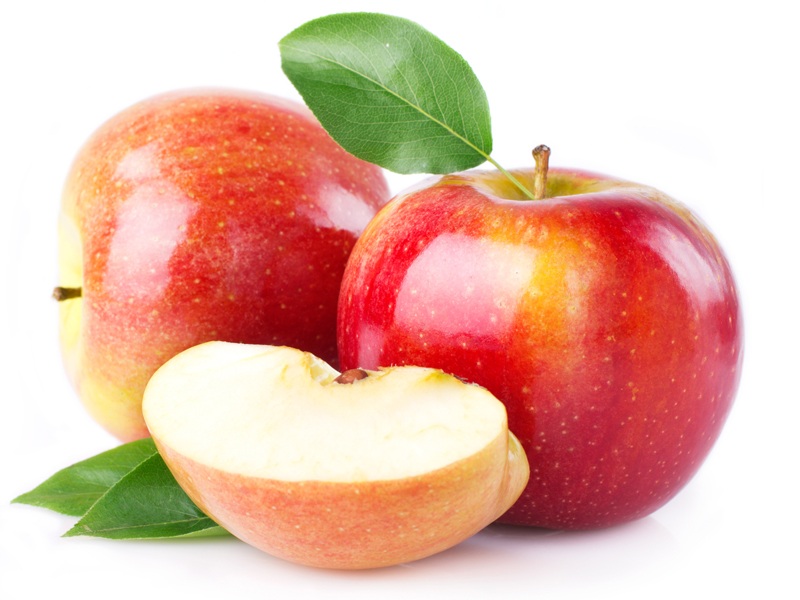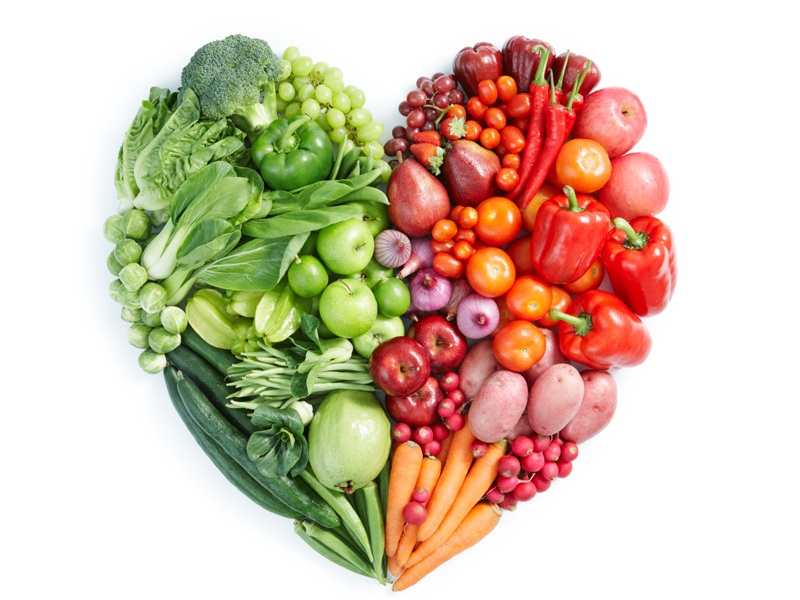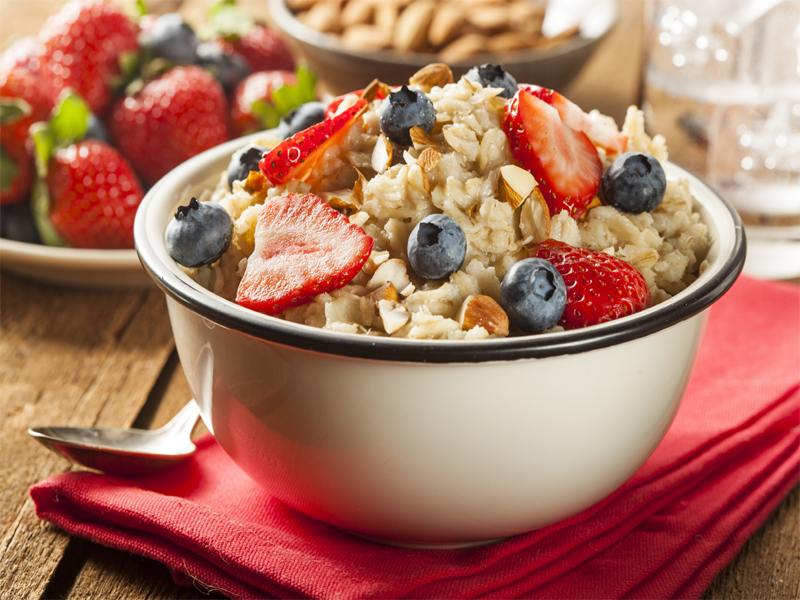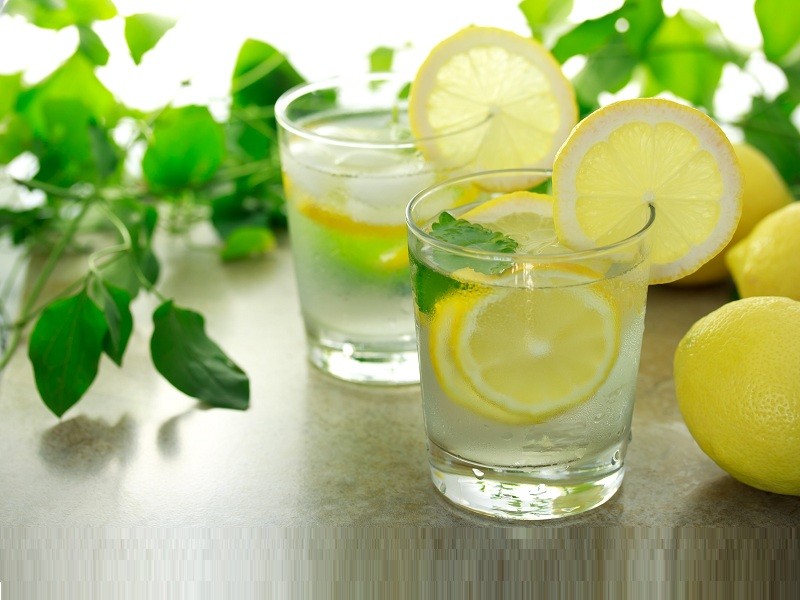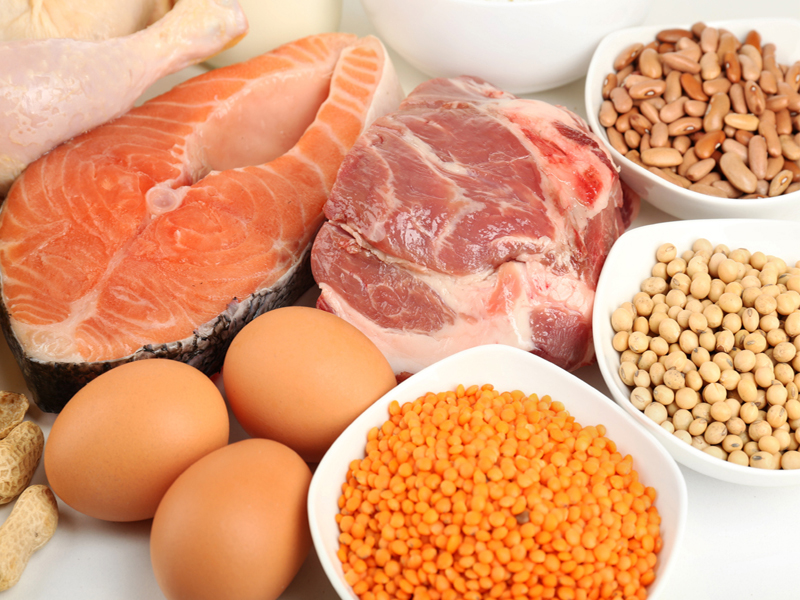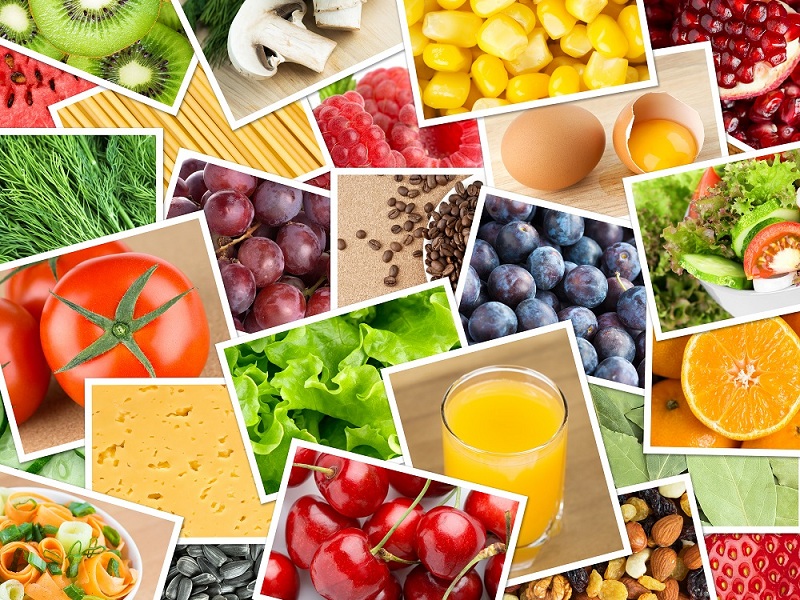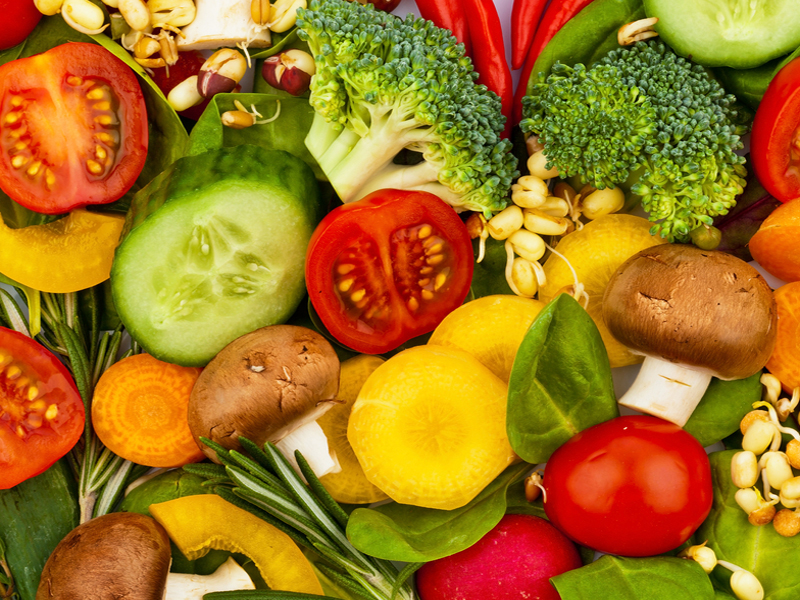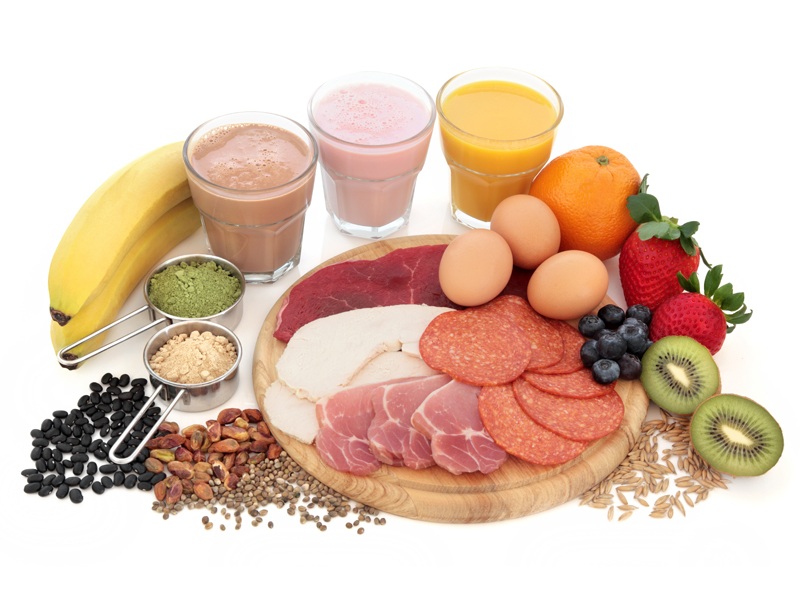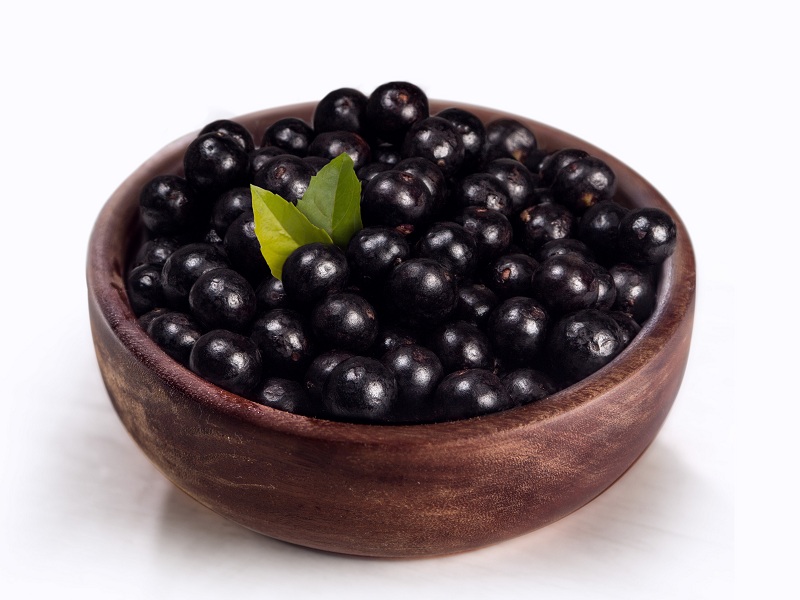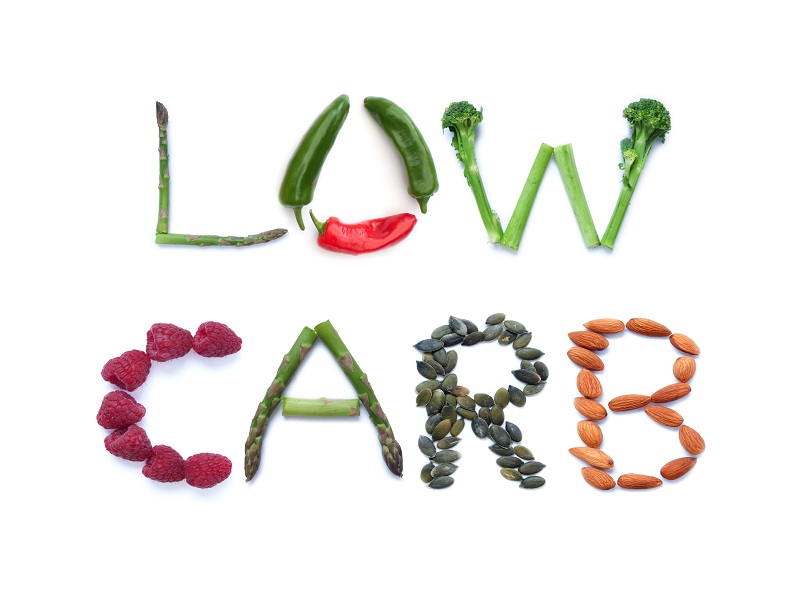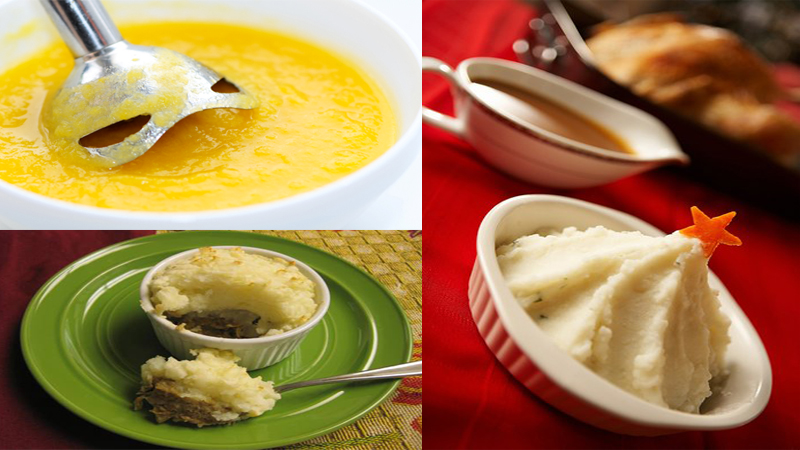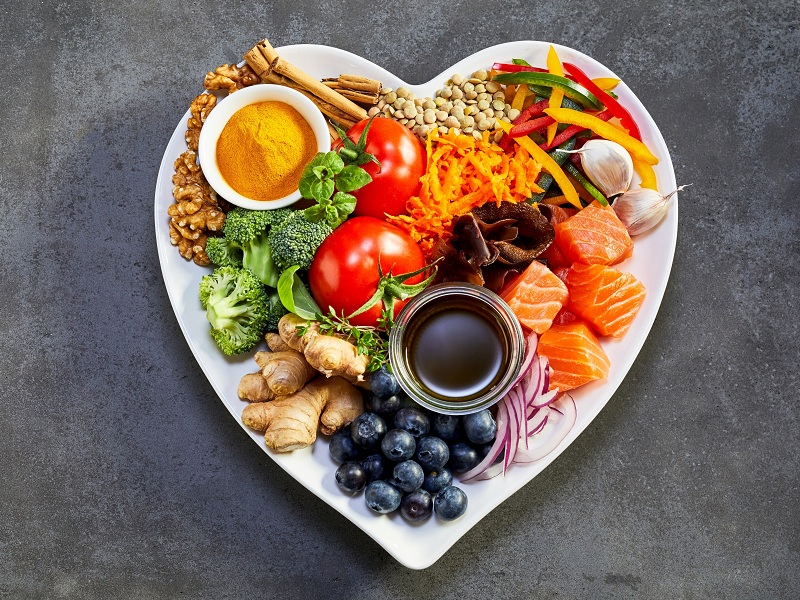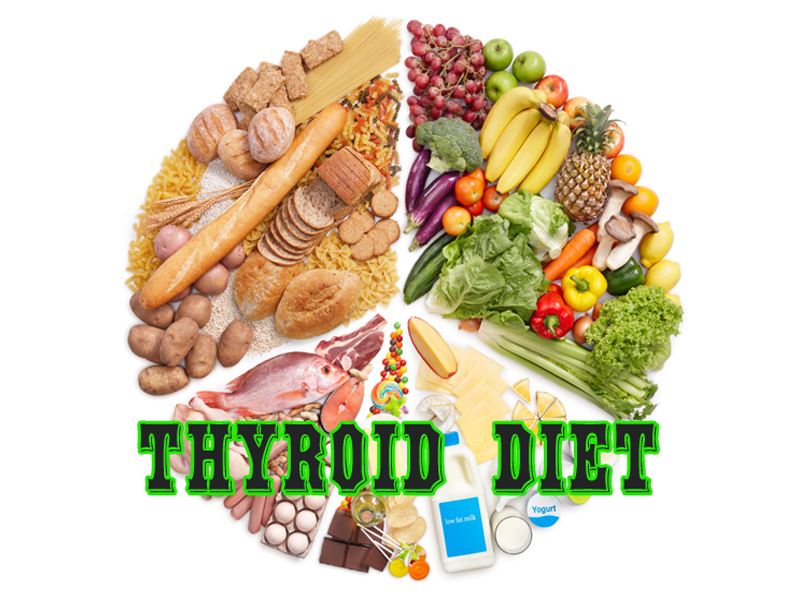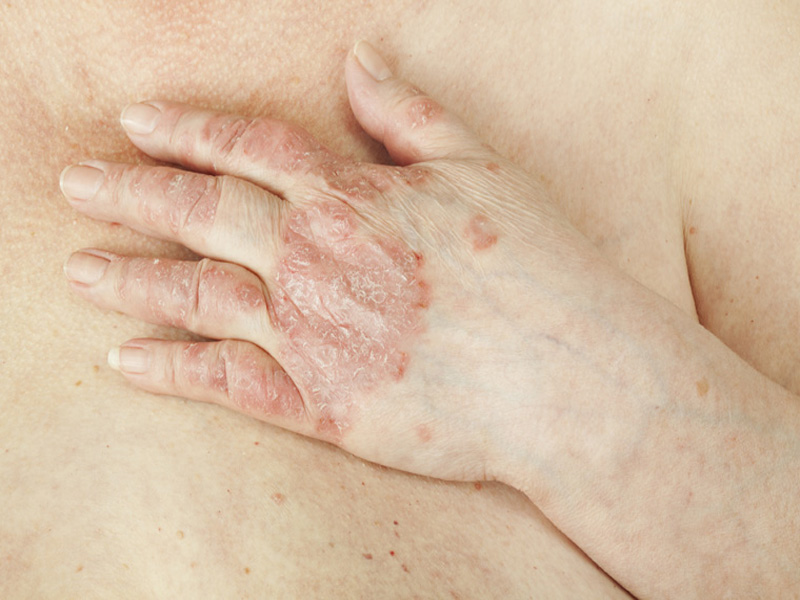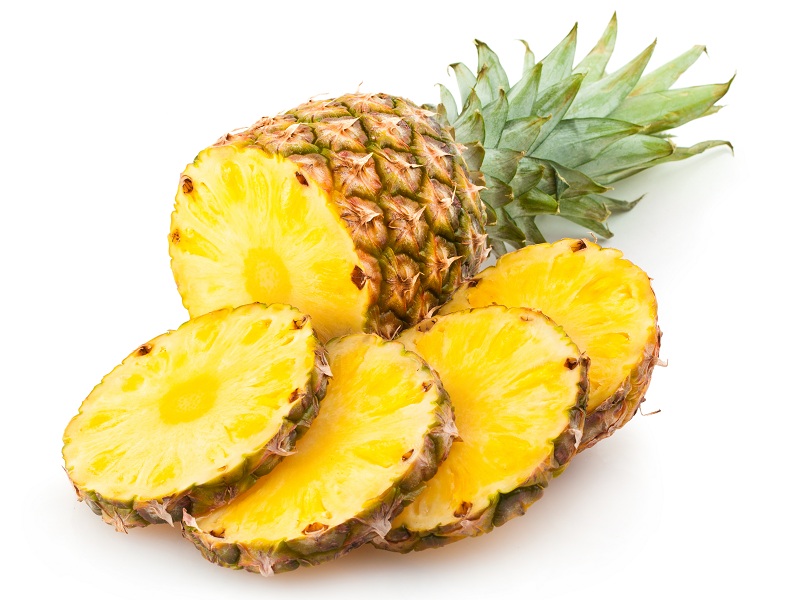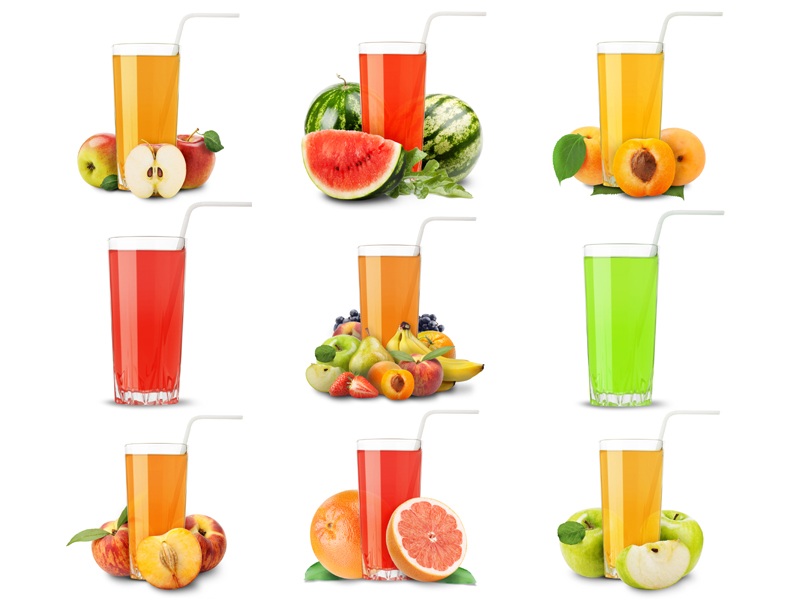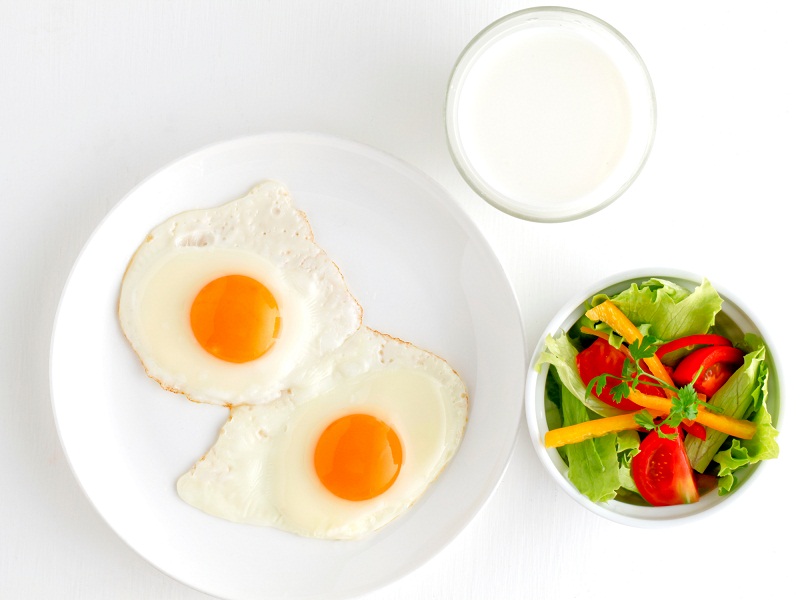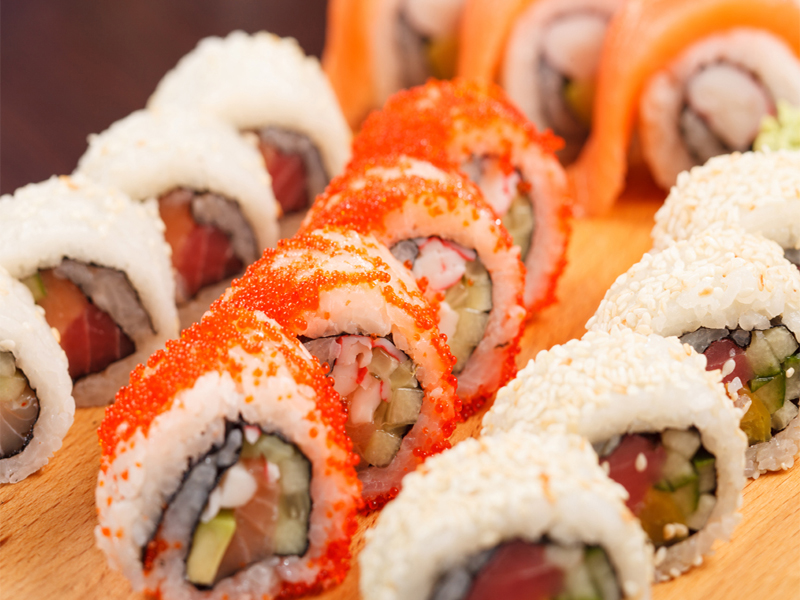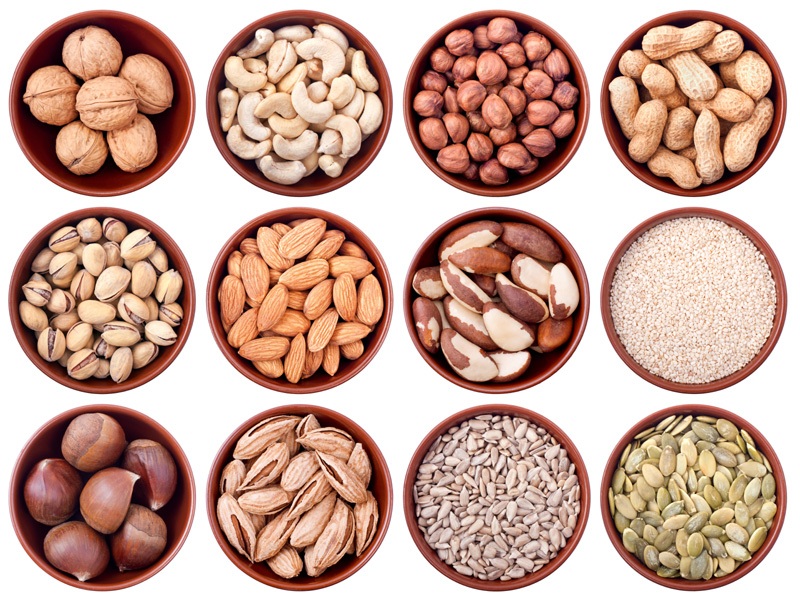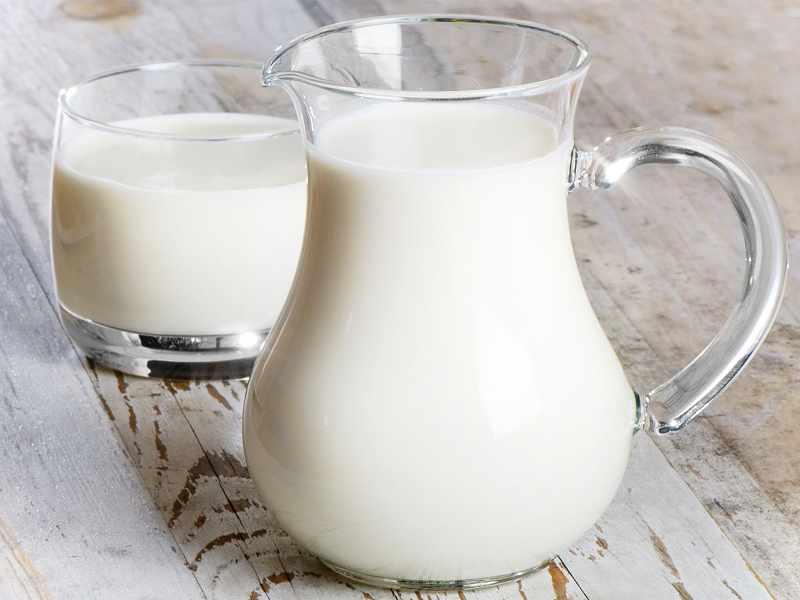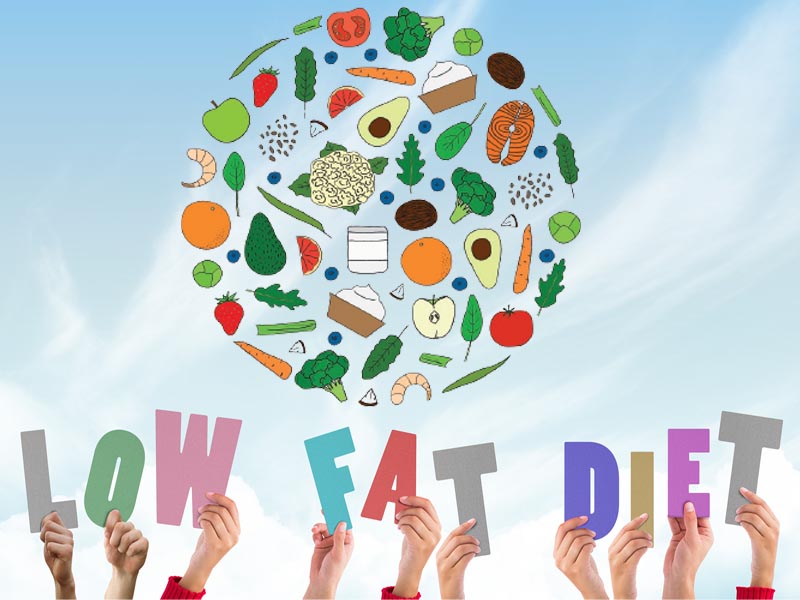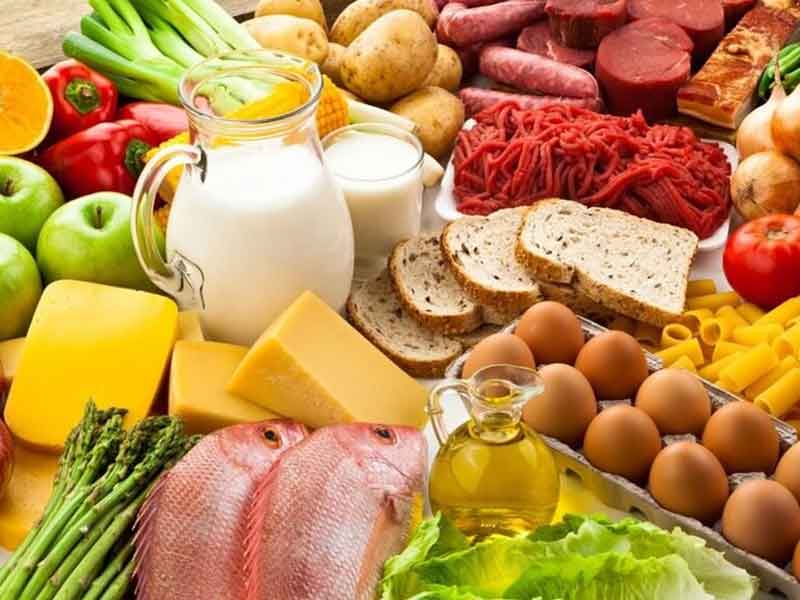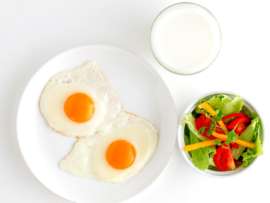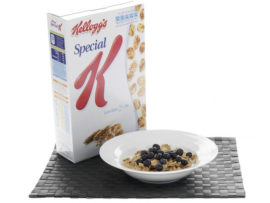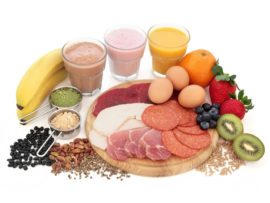Are you looking for a way to ease into an utterly plant-based diet? Then the pescatarian diet is the right choice for you. Although it is a vegetarian diet, its speciality is that it includes fish in it. A person who follows this type of diet is called a pescatarian.
Many reasons cause people to forgo meat but include seafood into their diet. Sometimes, the health benefits from the combination of plant-based food with seafood and sometimes for the taste. Let us go through this article for more details about the pros, cons, what to eat, and what to avoid in a pescatarian diet.
TOC:
Foods to Eat in the Pescatarian Diet
Foods to Avoid in the Pescatarian Diet
Health Benefits of Pescatarian Diet
1 Day Meal Plan for Pescatarian Diet
What is Pescatarian Diet?
The word pescatarian means a person who follows a pescatarian diet plan. The primary protein source in this diet is from fish, but that doesn’t mean there is no other food. A pescatarian diet includes a lot of plant-based foods along with fish twice a week.
In simple terms, a vegetarian diet plan that also includes fish is called a pescatarian diet. It also includes dairy and eggs. Any meat or poultry is not consumed when following this diet plan.
Foods to eat in the Pescatarian diet:
A Pescatarian diet is very flexible, unlike many other diets. Here is the list of foods pescatarians can eat when following this diet:
- Whole grain and their products.
- Seeds such as flax, chia, and hemp seeds.
- Fruits.
- Vegetables.
- Fish, shellfish.
- Eggs.
- Dairy products like cheese, yogurt, and milk.
- Legumes such as lentils, beans, and some by-products of legumes.
- Nut butter.
- Peanuts and peanut butter.
- Tofu and hummus.
Foods to Avoid in the Pescatarian Diet:
It is also necessary to know the foods you need to avoid to follow a pescatarian diet. Here is the list of foods:
- Chicken.
- Pork.
- Beef.
- Lamb.
- Turkey.
- Deli meat.
See More: Easy to Make Fish Recipes
Health Benefits of Pescatarian Diet:
1. Lowers the Risk of Heart Diseases:
A Pescatarian diet is an excellent plant-based diet that includes fish, making it special and unique. The inclusion of fish provides your body with an abundance of omega-3 fatty acids necessary for your body’s healthy functioning.
Compared to people who don’t have fish in their diet, pescatarians have a lower risk of abnormal heart rhythms or severe heart attacks as they significantly reduce the blood pressure.
Plant-based foods are the other important part of a pescatarian diet. There is a reduced risk of coronary heart disease in people who follow a high diet of vegetables or other plant-based foods (1)(2).
With the addition of a workout routine, the pescatarian diet reduces plaque occurrence in your arteries. It also helps reduce stress to a great extent.
2. Type 2 Diabetes:
Diabetes has become the most prevailing health conditions not only in our country but all around the world. A plant-based diet, such as a pescatarian diet, is a perfect way to reduce the indicators that cause type-2 diabetes.
Flavonoids are the natural components present in plan-based diets with anti-inflammatory properties and a kick of antioxidants. The antidiabetic properties of these flavonoids make an excellent way to control blood sugar levels.
According to a study conducted in 2016, people following a pescatarian diet have the highest amount of flavonoids compared to any other kind of diet.
3. Cancer:
Did you know there is a high risk of people getting colorectal cancer if they eat more red and processed meats? Yes! The probability of you getting this type of cancer may reduce when you follow a pescatarian diet since you avoid meat entirely in it. A pescatarian diet meal plan offers a protective effect for colorectal cancer people by following a (3).
4. Weight Loss:
Eliminating meat plays an essential role in maintaining a healthy weight. By following a pescatarian diet, you cut out meat entirely. This process makes you eat at least 300 calories less than the meat-eaters per day.
You don’t have to worry about not getting enough nutrients; the plant-based foods back you up with all the nutrition and keep you full; you don’t binge-eat anymore when you feel full.
Depending on your needs, you can consume 1200 to 1500 calories per week, resulting in a weight loss of 1 to 2 pounds.
4. Increased Omega 3 Fatty Acids:
Fish is the food that makes a pescatarian diet stand out among many vegetarian diets. A group of essential fatty acids that play a vital role in your body’s functioning is the omega-3 fatty acids.
Fish is a fantastic source of omega fatty acids. These healthy acids help maintain the retina, brain, and many other health issues with their anti-inflammatory properties (4).
5. Lowers the Blood Pressure:
A plant-based diet is very efficient in providing all the necessary nutrients needed for your body’s healthy functioning. The high amounts of potassium present in fruits and vegetables reduce the blood pressure naturally. They are free of cholesterol, sodium, or fat. By following a pescetarian diet, you avoid consuming any meat, making your blood pumping much more manageable by reducing your blood’s viscosity.
See More: Detailed 7-Day GM Diet Plan
Downsides of Pescatarian Diet:
1. High Mercury:
Mercury is an environmental toxin that is prominently found in some types of seafood and fish. This is why people following a pescatarian diet need to be mindful of how much and what kind of fish you consume.
Fish accumulate mercury, and the bigger the fish, the higher the mercury content is since they consume several small fish.
Although the benefits of consuming fish are more significant than the risks of mercury exposure may cause, here is a list of some of the varieties that may deliver mercury the most:
- Marlin.
- Orange roughy.
- King mackerel.
- Swordfish.
- Bigeye tuna.
- Shark.
- Ahi tuna.
- Tilefish.
2. Vitamin B12 Deficiency:
Vegetarian or pescatarian diets may cause a deficiency in vitamin B12, which may lead to pernicious anemia. Although it is optional, including dairy and eggs will help people following a pescatarian diet load up in the much-needed vitamin B12 for your body.
1 Day Meal Plan for Pescatarian Diet:
Breakfast:
- One glass of pineapple-strawberry smoothie.
- One orange.
Morning Snack:
- ½ cup of blackberries.
- ½ cup of plain greek yogurt(non-fat).
Lunch:
- One serving of vegetarian Nicoise salad.
Evening Snack:
- One cup of raspberries.
Dinner:
- One serving of Quinoa.
- Roasted salmon caprese-one serving.
A Pescatarian diet is similar to a vegetarian diet except for the addition of fish in it. It is relatively healthy, and by excluding meat, you can avoid some environmental and ethical issues. Unlike any vegetarian diet, the addition of fish provides the flexibility of adding extra nutrition. Eating a plant-based diet with an accumulation of seafood is an excellent and healthy choice.
See More: Quick and Simple Vegetarian Recipes
Disclaimer: The information provided in the article is based on research. It is not a personal opinion of the website. Consult your physician before you start following any diet plan.
F.A.Qs:
1. Is a Pescatarian Diet a Fad Diet?
Ans: Many people who follow a pescatarian diet consider it a lifestyle choice rather than a dietary restriction. This way of viewing this diet makes following it much more comfortable. This diet is gaining popularity as the fish in it give you the much-needed protein.
2. Can Cut Out Meat Entirely Cause Protein-deficit?
Ans: It is a known fact that meat is a rich source of protein. But eliminating meat doesn’t make you protein-deficit if you compensate it with other protein-rich foods. Some foods that are rich sources of protein that can be included in the pescatarian diet are:
- Fish.
- Eggs.
- Nuts.
- Seeds.
3. How Can I Know if the Pescatarian Diet is the Right Choice for Me?
Ans: Before making a lifestyle choice, a lot of things need to be taken into consideration.
- If you are not ready to give up meat, continuing this diet might become more difficult. So make a sound choice whether you want to give up meat.
- Once you get over the no-meat part, you can have several plant-based recipes to replace meats in your diet.
- Choose the pescatarian diet to make a healthy lifestyle choice. Else following this diet may become difficult.


